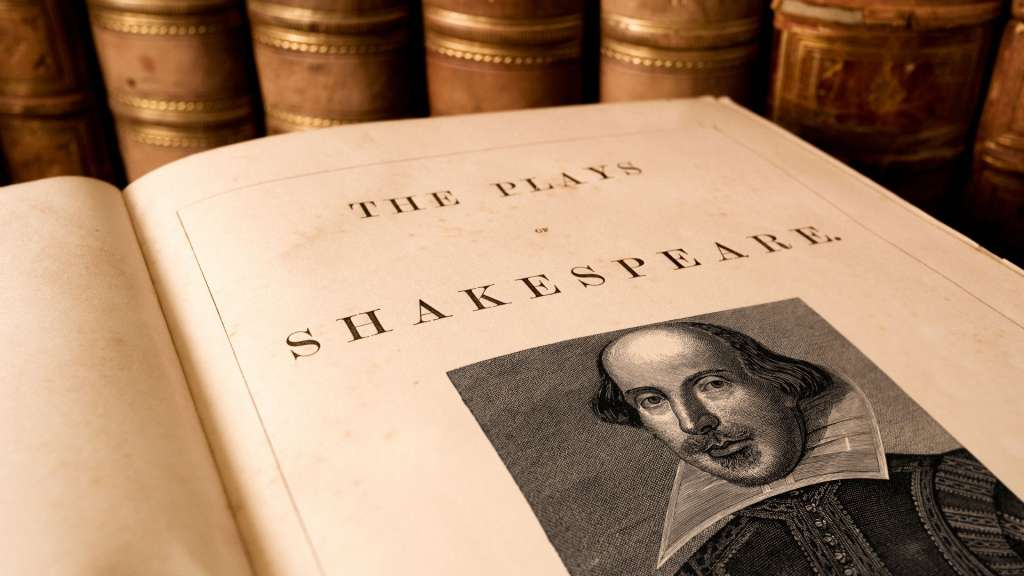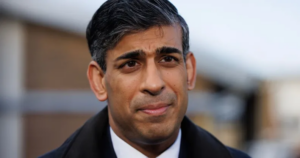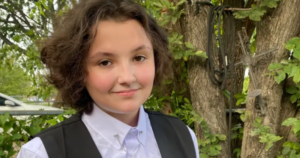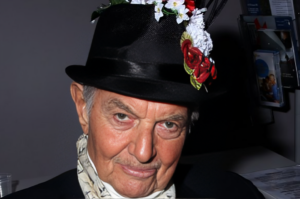
Florida's controversial “Don't Say Gay” law, officially known as the Parental Rights in Education law, has recently been expanded to restrict instruction on gender, sexuality, and reproductive health in schools. The law's provisions have generated significant debate, as they affect the curriculum, educators, and students across the state. The law's expansion highlights the intersection between education, politics, and LGBTQ+ rights, raising questions about academic freedom, inclusive education, and the broader implications of such legislative actions.
The Expanded Provisions and Their Impact
On March 31st, the “Don't Say Gay” law was expanded to include new restrictions on the curriculum. In addition to the existing ban on discussions about LGBTQ+ identities from kindergarten to third grade, the law now prohibits instruction on gender and sexuality until eighth grade, and on reproductive health until 12th grade. The legislation also imposes limits on materials containing explicit sexual content.
The Hillsborough County school district, in response to the expanded law, announced changes to its English curriculum. In a move that has garnered attention, the district will now only teach excerpts from some of William Shakespeare's most famous works, including “Macbeth,” “Hamlet,” and “Romeo and Juliet.” This change, attributed to the new state teaching standards, state exams, and Governor Ron DeSantis' expanded law, has sparked discussions about censorship, cultural education, and the educational value of Shakespeare's writings.
Impact on Educators and Students
Educators in Florida are grappling with the repercussions of the “Don't Say Gay” law's expansion. Tanya Arja, a spokesperson for the Hillsborough County school district, explained that the change in the curriculum was influenced by the law and the accompanying state-level changes. Students will now be required to read one complete work by Shakespeare and excerpts from five to seven additional plays, sonnets, or poetry pieces. The alteration has led to concerns about limiting students' exposure to diverse literary content and the potential impact on critical thinking and cultural literacy.
Joseph Cool, a reading teacher at Gaither High School, highlighted the challenge of omitting some of the raunchier elements of Shakespeare's works. Cool stated that “some raunchiness in Shakespeare” is part of what engages students with the material. The richness of Shakespeare's language, including slang and sexual innuendo, has historically contributed to discussions about society, human behavior, and language evolution.

LGBTQ+ Representation and Inclusive Education
Critics argue that the “Don't Say Gay” law stifles LGBTQ+ representation and inclusive education. Some historians believe that Shakespeare himself was queer, and his works have often been analyzed through this lens. The Royal Shakespeare Company acknowledges that Shakespeare's writings contain elements of sexual innuendo and queer themes. Restricting the discussion of gender and sexuality in educational settings can deprive students of the opportunity to engage with complex topics and understand diverse perspectives.
Governor DeSantis' Rationale and the Broader Impact
When signing the “Don't Say Gay” law last year, Governor DeSantis claimed that opposition to the law supported “woke gender ideology” and “sexualizing students.” The law's impact extends beyond literary curricula to encompass other subjects, as evidenced by the recent ruling that Florida's Department of Education deemed Advanced Placement (AP) psychology classes violating the law due to LGBTQ+ content. The subsequent decision to teach the course in an “age and developmentally appropriate” manner showcases the ongoing debate about what constitutes balanced and inclusive education.
Author
-

the world's first and only daily LGBTQ+ evening news show. This program features a variety of hosts and guests who discuss the latest news and events related to the LGBTQ+ community. Queer News Tonight covers topics ranging from politics and entertainment to health and social issues, providing a comprehensive look at what's happening in the LGBTQ+ world.























